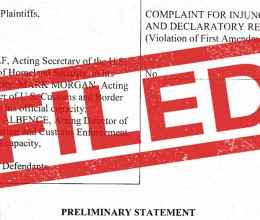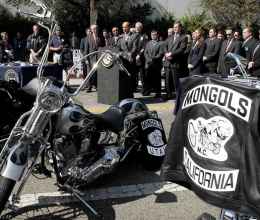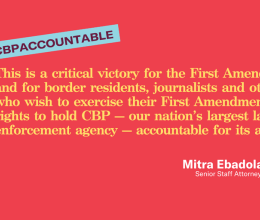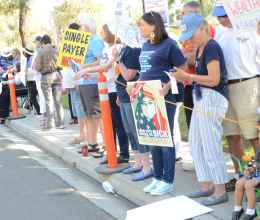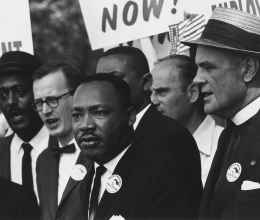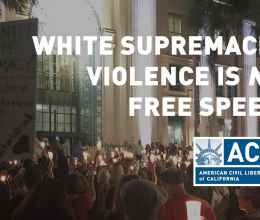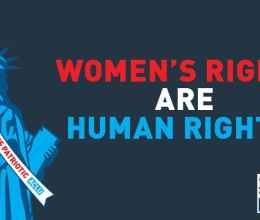San Diego, CA – Concerned that the San Diego Police Department (SDPD) may be interfering with the First Amendment rights of photojournalists to record events occurring in public, the ACLU of San Diego and Imperial Counties sent a letter to Police Chief William Lansdowne emphasizing the strong legal protections enjoyed by journalists and members of the public alike.
“The act of photographing events is pure speech protected by the First Amendment,” said David Loy, legal director of the San Diego ACLU. “The public has a right to document the actions of police officers on duty in order to hold government accountable and make our community a better place.”
The courts have long and regularly upheld the right of individuals to film or photograph government officials engaged in their duties in a public place, including police officers performing their responsibilities. “We certainly believe in safe communities, and understand that police officers have a difficult job and need to carry out their duties,” said Loy. “But a photojournalist filming a sobriety checkpoint or the detention or arrest of a suspect would rarely need to be limited to allow officers to do their jobs.”
California has even stronger laws protecting journalists, allowing them unrestricted access to disaster sites, for instance, unless police at the scene determine that such free access will interfere with emergency operations.
Along with the San Diego ACLU letter, the National Press Photographers Association also sent a letter encouraging the SDPD to develop appropriate police-press guidelines, and train officers to ensure that photojournalist are not harassed when filming police in public.
"I am disappointed that despite ongoing dialogue with command staff of the SDPD these incidents continue to occur," said Mickey H. Osterreicher, general Counsel of the National Press Photographers Association. "While the press may not have any greater rights than the public they have no less right either. To interfere with and in some cases arrest journalists doing nothing more than recording on a public street where no perimeter has been established and where the public is also present has a chilling effect on newsgathering abilities and is a clear abridgment of the First Amendment."


